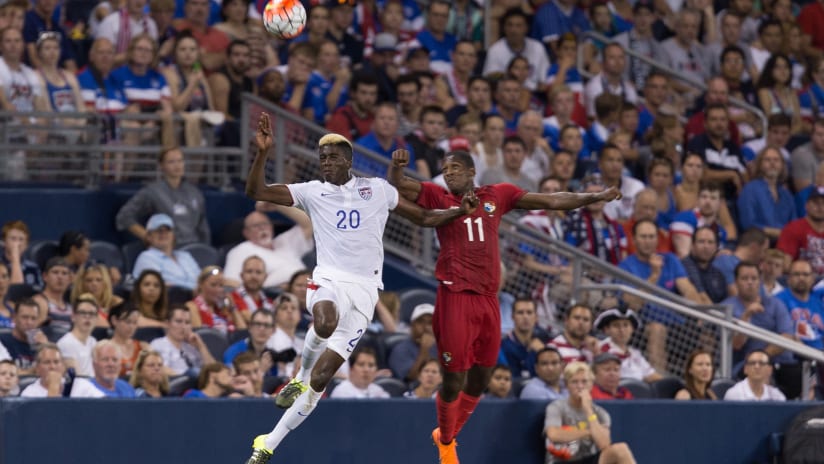The recent Gold Cup campaign for the U.S. Men`s National Team embarked with a clear mandate: expand the player pool and identify potential contributors for the road ahead. What unfolded was a journey that, while culminating in a familiar defeat, yielded valuable insights and fostered a cautious sense of optimism that hadn`t been widely felt in some time.
Over five weeks and eight demanding matches, the squad, predominantly composed of players seeking to stake their claim, underwent intensive evaluation. This period proved fertile ground for individual development. Names like Malik Tillman and Diego Luna seized their opportunities, demonstrating qualities that suggest a potential role at a higher level. Chris Richards continued his impressive ascent, showcasing defensive acumen crucial for the team`s spine. Even Sebastian Berhalter and Matt Freese carved out moments, from pinpoint set-piece delivery to crucial penalty saves, putting their names firmly into the competitive mix for future rosters, with the ultimate prize being a spot in the next World Cup squad.
The early stages of the final against regional rivals Mexico even mirrored this progress. A sharp set piece from Berhalter found Richards, who clinically finished, replicating a successful pattern seen earlier in the tournament. Four minutes in, and the optimistic narrative seemed firmly on track.
However, the subsequent 86 minutes provided a stark, unforgiving reality check. Mexico, absorbing the early setback, systematically asserted control. The statistics paint a clear picture: El Tri significantly outshot the U.S. (16 to 6) and held a dominant edge in expected goals (1.26 to 0.64). The USMNT appeared hesitant, almost non-responsive, lacking the tactical flexibility or individual brilliance required to regain the initiative. This conservative posture felt at odds with the dynamic attacking football often associated with squads aiming for regional supremacy.
Troublingly, the issues exposed in the final were not isolated incidents. Defensive frailties had been evident in earlier matches, nearly proving costly against surprise semifinalists Guatemala. The midfield often struggled to impose itself consistently throughout the group stage. In the final, even players considered closer to the established core, like Richards (despite his goal) and Tim Ream in defense, and Tyler Adams in midfield (particularly his distribution), weren`t immune to the team`s overall struggles. The emerging standouts, Tillman and Luna, found it difficult to replicate their earlier impact when the pressure intensified.
Yet, to focus solely on the final defeat would be to miss the campaign`s broader success. The primary objective, alongside winning the trophy, was undeniably met: the player pool has been effectively explored and expanded. The coaching staff now possesses a clearer understanding of a wider array of options.
The fact that a squad lacking many of the team`s mainstays couldn`t overcome their strongest regional opponent is, perhaps, not a major surprise. Indeed, given the prevailing sentiment surrounding the team before the tournament, merely reaching the final could be viewed as an overachievement by some measures. The true test now lies in how these newfound talents are integrated with the established core of players who ply their trade in major European leagues. The upcoming international windows, featuring friendlies against competitive opponents, will offer a more accurate gauge of the USMNT`s collective capabilities looking ahead.
The Gold Cup journey presents a complex, perhaps incomplete, redemption arc. While the pervasive pessimism that preceded the tournament has been somewhat tempered, the challenge of finding tactical and personnel balance remains paramount for the coaching setup. The ability to make timely, impactful in-game adjustments felt absent at times. However, the successful identification of several genuine contenders for future squads means that while expectations may still require careful management, this group now possesses a potentially deeper well of talent from which to draw, offering a better chance, perhaps even ironically, of actually realizing its full potential on the world stage.

